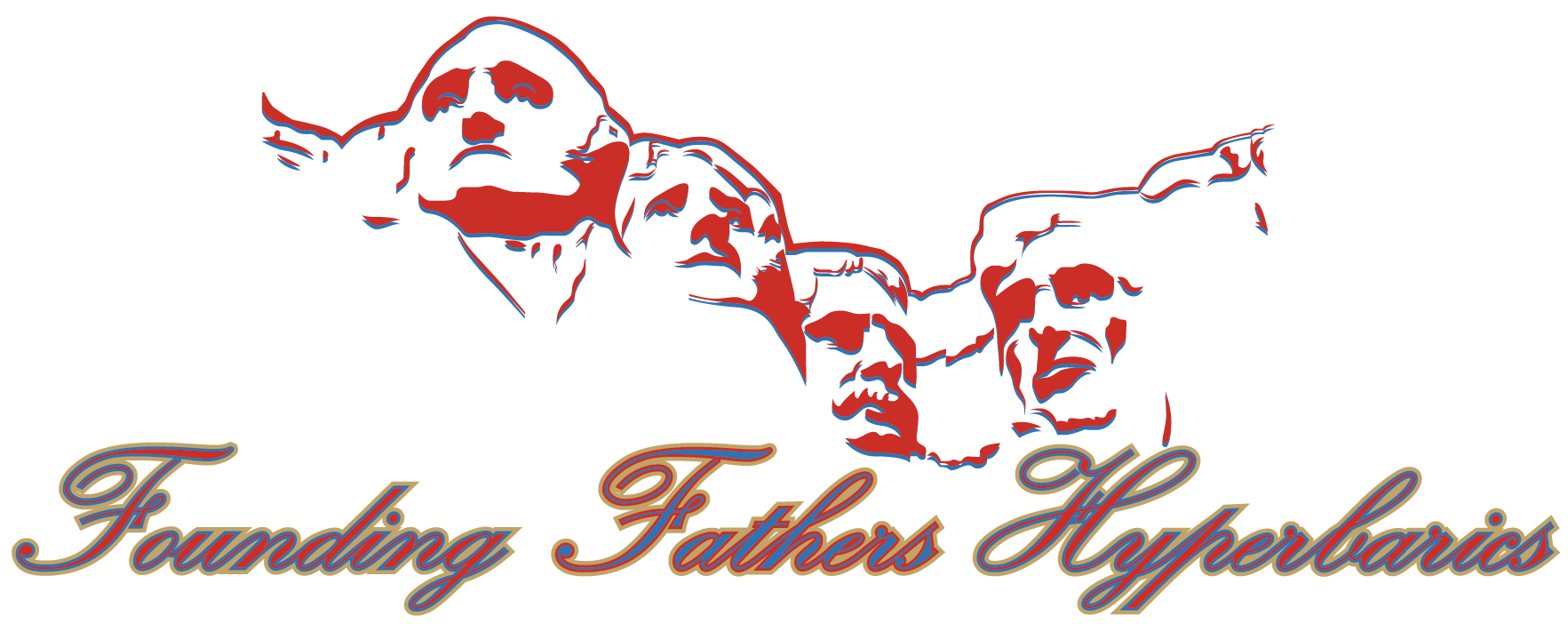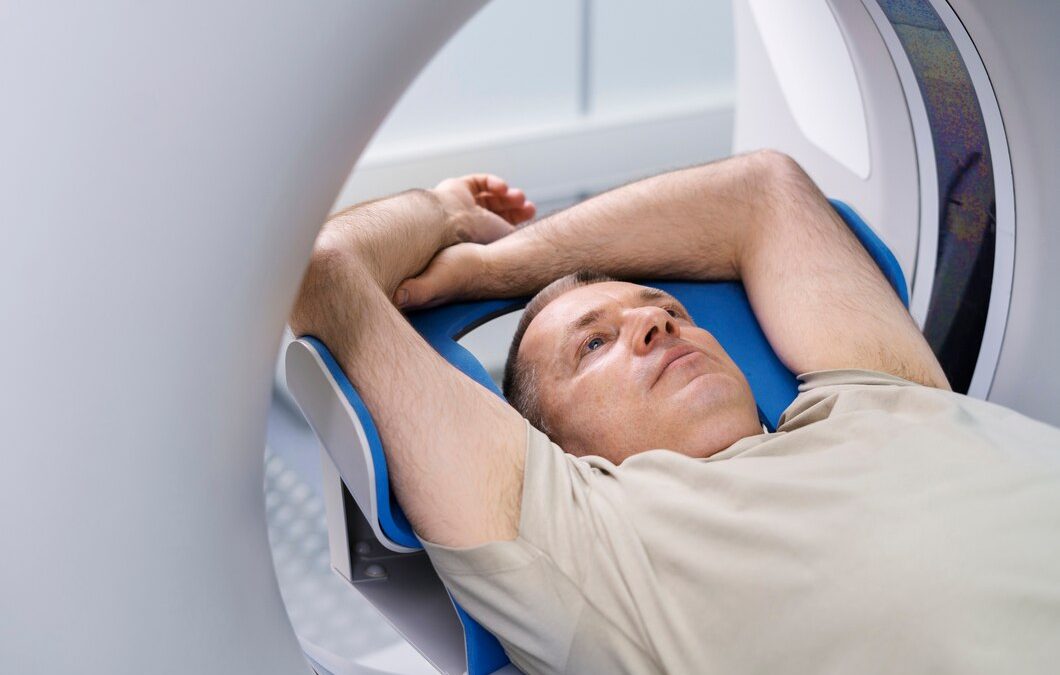Diving deep into the ocean offers breathtaking sights but comes with certain risks. One of the key dangers divers face is decompression sickness often referred to as “the bends.” This condition occurs when divers ascend too quickly, causing nitrogen bubbles to form in their bloodstream and tissues. If not promptly treated, these bubbles can lead to joint pain, dizziness, and even severe complications.
Understanding how HBOT assists divers dealing with rapid ascent issues can provide peace of mind and a pathway to recovery. By learning more about the treatment process and the available preventive measures, divers can confidently approach their underwater adventures.
Understanding Decompression Sickness in Divers
Decompression sickness, often called “the bends,” is a serious condition that can affect divers who ascend to the surface too quickly. When divers breathe compressed air underwater, nitrogen builds up in their body tissues. If they rise too swiftly, the pressure drop causes nitrogen to form bubbles in the bloodstream and tissues. These bubbles can lead to various health problems depending on where they form.
Symptoms of decompression sickness vary widely. Some divers experience joint pain and dizziness, while others might have severe headaches or difficulty breathing. In the most dangerous cases, nitrogen bubbles can affect the brain and spinal cord, leading to paralysis or even death. This makes it crucial for divers to understand the risks and take appropriate precautions to surface safely.
Preventing decompression sickness requires divers to follow proper ascent procedures, which include stopping at strategic intervals to allow the nitrogen to dissolve naturally. By understanding what causes decompression sickness and recognizing its symptoms, divers can significantly reduce the risks and maintain their health during and after their underwater adventures.
The Role of HBOT in Treating Decompression Sickness
Hyperbaric Oxygen Therapy (HBOT) plays a critical role in treating decompression sickness. When divers develop this condition, they need prompt and effective treatment to prevent permanent damage. HBOT uses a pressurized environment to deliver pure oxygen, which helps dissolve nitrogen bubbles in the body. This therapy can alleviate symptoms and reverse some of the adverse effects caused by the condition.
There are several benefits to using HBOT for divers with decompression sickness:
- Immediate Relief: HBOT sessions quickly reduce the size of nitrogen bubbles, helping to relieve pain and other symptoms.
- Enhanced Oxygen Delivery: By increasing oxygen levels in the blood, HBOT aids tissue recovery and accelerates healing.
- Preventing Long-Term Damage: Regular HBOT sessions can prevent lasting health issues, ensuring divers return to normal activities more swiftly.
HBOT can greatly improve short-term recovery and long-term health outcomes for affected divers. By employing HBOT soon after symptoms appear, patients are provided with a safer and more effective path to recovery.
HBOT Treatment Process for Divers
Treating decompression sickness with Hyperbaric Oxygen Therapy (HBOT) involves a well-structured process tailored to address the specific needs of each diver. The initial step is a thorough assessment by medical professionals to evaluate the severity of symptoms and decide the appropriate course of treatment. This involves checking vital signs and understanding the diver’s ascent history to tailor the HBOT protocol effectively.
During an HBOT session, the diver is placed inside a hyperbaric chamber, where the environment is pressurized to levels much higher than normal atmospheric pressure. The diver breathes pure oxygen, which helps dissolve nitrogen bubbles in the bloodstream, reducing pressure on nerves and tissues.
A typical session lasts about one to two hours, depending on the severity of the decompression sickness and the prescribed treatment plan. Multiple sessions may be necessary, spaced over a few days, to ensure complete recovery and prevent recurrence of symptoms. Doctors closely monitor the diver’s response to treatment and adjust the protocol as needed, providing personalized care for optimal recovery.
The effectiveness of HBOT in decompression sickness makes it an essential medical intervention, helping divers recover safely and quickly from what could be life-threatening issues.
Preventive Measures and the Importance of Follow-Up
Preventing decompression sickness involves careful planning and adherence to diving safety protocols. Divers should ascend slowly, allowing their bodies to adapt to changes in pressure. It’s often recommended to make safety stops during the ascent to let excess nitrogen leave the body naturally, reducing the risk of bubbles forming.
Divers should avoid flying or traveling to higher altitudes immediately after diving, as these changes in pressure can increase the risk of decompression sickness. Staying well-hydrated and avoiding alcohol before and after diving can also make a difference, as it helps the body manage nitrogen levels more efficiently.
Follow-up care is crucial for divers who have undergone HBOT. Regular check-ups help monitor the divers’ recovery and ensure no long-term complications arise. Open communication with healthcare providers ensures any lingering symptoms or concerns are promptly addressed.
By following these preventive measures and staying committed to follow-up care, divers can enjoy their underwater adventures with peace of mind, knowing they’re taking the best steps for their safety and health.
Conclusion
Hyperbaric Oxygen Therapy stands as a vital treatment for divers experiencing the perilous effects of decompression sickness. By providing a structured and scientifically backed approach, HBOT effectively alleviates symptoms and expedites recovery, highlighting its indispensable role in diving medicine. Beyond immediate treatment, the comprehensive care framework offered by HBOT ensures long-term health and well-being for divers.
Discover the essential benefits of Hyperbaric Oxygen Therapy at Founding Fathers Hyperbarics. We are committed to ensuring divers receive tailored HBOT oxygen therapy for decompression sickness. Our team of experts provides personalized care and guidance every step of the way so divers can return to their adventures confidently and efficiently. Reach out to us today, and let us be part of your journey to optimal diving health.

